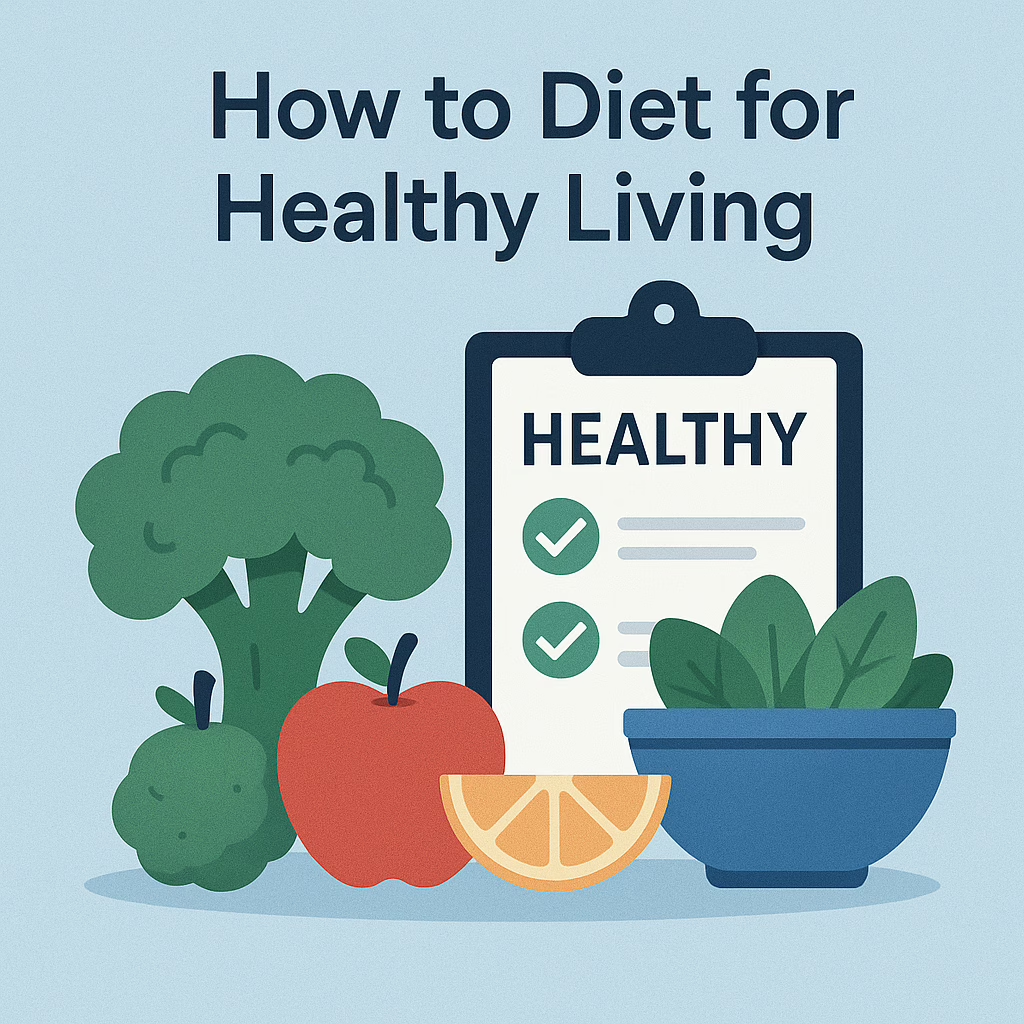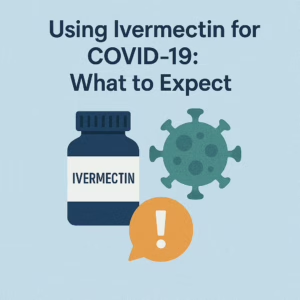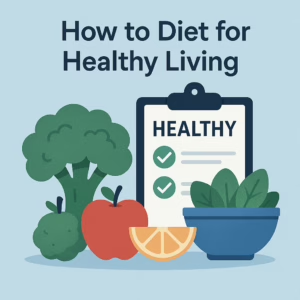Your diet plays a key role when it comes to maintaining a healthy lifestyle. When you think of how to diet, you may think of strict food rules or short-term weight loss plans. However, true dietary planning is about balance and nourishment. A good diet not only manages weight but fuels your body and supports your immune system.
In this article, we’ll go over the basics of how to diet with your health in mind through meal planning and changed lifestyle habits.
The Basics of How to Diet Healthily
Having a healthy diet is more than just counting calories. To be healthy with your diet means to nourish your body with the right nutrients. A balanced diet needs a combination of:
- Macronutrients: Proteins, carbohydrates, and fats.
- Micronutrients: Vitamins and minerals.
- Hydration: Water to help with food digestion and blood circulation.
Though many believe that dieting often means eating less, it’s really about eating the right foods in the right amounts. Skipping meals may seem like it will automatically lead to weight loss, but it usually results in overeating later and disrupts your metabolism. It’s better to create a sustainable plan that can be followed long-term to improve your health.
Building a Nutrient-Rich Plate
When you’re learning how to diet, you should first cast your focus on nutrient-dense superfoods to boost a healthy diet. These are foods packed with essential vitamins and minerals without excessive empty calories. Here are the top nutrient-dense foods containing each macronutrient you need to stay healthy.
Proteins: Building Blocks of Health
You probably already know that protein is important for the body, with so many protein shakes and supplements advertised out there. That’s because protein is important for muscle repair, immune support, and hormone production among other benefits.
Though protein supplements can help you get more throughout the day, you can get protein naturally from sources such as:
- Lean meats: Chicken, turkey, and fish
- Dairy: Yogurt, cheese, and eggs
- Plants: Beans, lentils, and tofu
If you have specific fitness goals, you’ll want to track how much protein you consume. Protein can keep you fuller longer, helping you cut down on calories from overeating.
Carbohydrates: Body Fuel
Carbs may get a bad reputation, but they’re a necessary energy source. The key to staying healthy with carbs is to focus on complex carbohydrates that are high in fiber, such as:
- Whole grains: Brown rice, quinoa, whole wheat bread
- Vegetables: Sweet potatoes and squash
- Legumes: Chickpeas and black beans
Your body needs energy from carbs to function properly, so give it some healthy complex carbs to keep active all day long.
Fats: Brain Food
Many people learning how to diet think they need to avoid fat entirely to stay healthier, but some fats are actually good for you. In fact, healthy fats are crucial to brain development and function, as well as hormone balance. The key is to focus on healthy sources of fat and not consume too much. Sources of healthy fats include:
- Vegetables: Avocados and olives
- Nuts and seeds: Almonds, walnuts, flaxseeds
- Healthy oils: Extra virgin olive oil and coconut oil
Saturated fats and trans fats are not healthy for you, so those should be eaten sparingly. The healthier your fat source, the better your body will be in the long run.
Keep in mind that many of the items on these lists are fruits and vegetables. Fruits and veggies provide antioxidants, fiber, and other essential nutrients that support digestion and immune function. Each color offers a different benefit, so try to eat a rainbow of natural healthy foods every day!
How to Diet with Longevity in Mind
What you eat significantly affects your energy levels throughout the day. Poor dietary choices can lead to fatigue, brain fog, and energy crashes – which nobody wants. To sustain your energy throughout the day, focus on high-energy foods such as:
- Complex carbs, which release energy slowly to prevent a crash
- Healthy fats, which keep you fuller longer and stabilize your blood sugar
- Lean proteins, which help maintain muscle mass and prevent fatigue
- Hydrating foods, like cucumbers and watermelon, which help you stay alert
Foods that drain your energy include processed and sugary foods. These unhealthy foods can cause blood sugar spikes and crashes. Excessive caffeine can also cause dehydration and lead to dependency. By choosing healthy foods over unhealthy foods, you can fuel your body all day long.
Supporting Immune Health with Your Diet
Your immune system is your natural defense against illness. Your diet plays an important role in keeping your immune system strong and resilient against germs. In fact, the majority of your immune system is in your gut, so keeping your gut healthy is core to maintaining a strong immune system.
Probiotic-rich foods like yogurt and kimchi can balance healthy gut bacteria, while fiber-rich prebiotics feed healthy gut microbes. Vitamin C, Vitamin D, and Zinc are also essential to maintain strong immune health and can be found in foods such as citrus, fish, eggs, nuts, and seeds.
Meal Planning and Smart Eating Habits
Healthy eating becomes much easier with proper planning. Plan healthy meals ahead of time to avoid unhealthy choices. This also includes keeping a grocery list of whole, unprocessed foods so you’re prepared to shop with health in mind. Batch cooking your meals can also save significant time throughout the week.
When eating, remember to eat slowly and savor your food. This mindfulness can prevent overeating and make eating a more enjoyable experience. You should also pay attention to your hunger and fullness cues, which help you determine when to stop eating. Remember: even overeating healthy foods can lead to imbalances that can detract from your health.
How to Combine Diet and Lifestyle
Keep in mind that your diet works best when combined with healthy lifestyle habits. While food choices are a big part of how to diet to maintain your health, you should also consider your overall wellness. Are you managing stress well, or getting enough sleep? What about physical exercise?
To reach optimal health, you should make sure to sleep enough and engage in physical activity in addition to eating healthier.
Final Thoughts
When you’re deciding how to diet with health in mind, remember that your diet should reflect your long-term health. Focusing on whole, nutrient-rich foods can improve your energy and strengthen your immune system, improving your overall well-being.
Looking for supplements to improve your diet? All Family Pharma has the vitamins and minerals you need. Shop online now to get them shipped straight to your doorstep.




